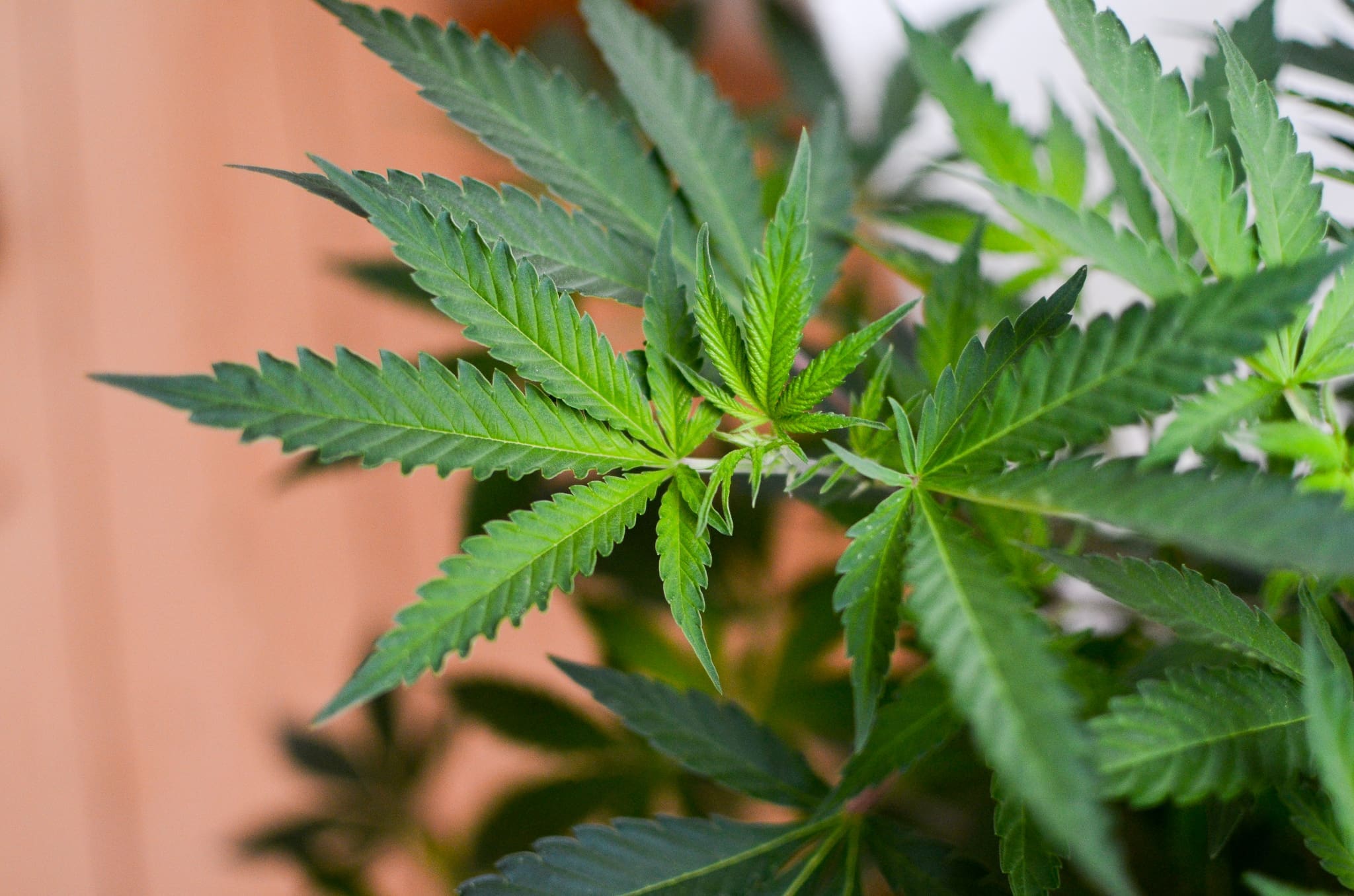Politics
Missouri Marijuana Legalization Initiative Will Appear On November Ballot After State Supreme Court Rejects Prohibitionists’ Challenge

An initiative to legalize marijuana in Missouri is officially cleared for ballot placement following a month-long legal back-and-forth between the campaign and prohibitionists.
A lawsuit filed last month sought to keep the Legal Missouri 2022 reform proposal off the ballot after it was certified by the secretary of state. But after two lower courts dismissed the challenge, the state Supreme Court on Tuesday delivered the final word that the legal battle is over.
Joy Sweeney, who is affiliated with the Community Anti-Drug Coalitions of America (CADCA), filed the lawsuit, alleging that the legalization initiative violated the single-subject rule for ballot measures under the state Constitution and that signatures were improperly certified.
With the support of the Colorado-based Protect Our Kids PAC, Sweeney first tried to get the measure knocked off the ballot in a county court, which ruled last week that she lacked standing to make the challenge because she didn’t prove state residency. That court also said it would have dismissed the lawsuit based on the merits, even if she did have standing.
Prohibitionists vowed to appeal, which they did in the Missouri Western District Court of Appeals. But on Monday, the three-judge panel determined that, while Sweeney did have standing, the petitioner’s challenge still failed on merits.
In a last attempt to kick legalization off the ballot, the petitioners asked the appeals court to transfer the case to the Missouri Supreme Court. The lower court declined to do so, and so Sweeney sought to bring it directly to the state’s highest court without a referral.
The Supreme Court said it would not take the case on Tuesday, which is the deadline for challenges to the ballot initiative.
“We are now one step away from passing Amendment 3, which will bring millions in new revenue to Missouri, while allowing law enforcement to concentrate on fighting violent and serious crime,” Legal Missouri 2022 Campaign Manager John Payne said in a press release.
“Amendment 3 not only will make Missouri the 20th state to legalize marijuana, it does it in the right way by automatically expunging the nonviolent criminal records of hundreds of thousands of Missourians,” he said.
Luke Niforatos, CEO of the Protect Our Kids PAC, conceded defeat on Tuesday, while pledging to shift gears and try to convince voters to oppose the measure at the ballot.
“Corrupt process, disappointed in the outcome but frankly unsurprised given how fraught with smoke and mirrors this process has been, we will be working with our state partners now to fight against this in November,” he said to Marijuana Moment in a Twitter direct message.
Secretary of State Jay Ashcroft (R), for his part, celebrated the resolution of the legal battle.
“I represent the people of Missouri,” he said in a press release. “Regardless of how I personally feel about a ballot measure, my job is to follow the law and that’s what I did.”
Marijuana Amendment 3 Remains on the November Ballot. #moleg https://t.co/pO0bfhjXcn pic.twitter.com/ovNVcsjFc0
— Missouri SOS Office (@MissouriSOS) September 13, 2022
The legalization initiative has faced criticism from both prohibitionists and certain reform advocates who’ve taken issue with certain provisions of the measure and want to see a legislative approach to the issue.
The governor of Missouri recently ruled out the idea of expanding a special legislative session he convened to add marijuana legalization to the agenda, despite a push by those activists and lawmakers who are against the ballot initiative.
Here’s what the Legal Missouri 2022 initiative would accomplish:
Adults 21 and older could purchase and possess up to three ounces of cannabis.
They could also grow up to six flowering marijuana plants, six immature plants and six clones if they obtain a registration card.
The initiative would impose a six percent tax on recreational cannabis sales and use revenue to facilitate automatic expungements for people with certain non-violent marijuana offenses on their records.
Remaining revenue would go toward veterans’ healthcare, substance misuse treatment and the state’s public defender system.
The Department of Health and Senior Services would be responsible for regulating the program and issuing licenses for cannabis businesses.
Regulators would be required to issue at least 144 microbusiness licenses through a lottery system, with priority given to low-income applicants and people who have been disproportionately impacted by drug criminalization.
Existing medical marijuana dispensaries would also be first in line to start serving adult consumers with dual licenses.
Regulators could create rules around advertising, but they could not be any more stringent than existing restrictions on alcohol marketing.
Public consumption, driving under the influence of cannabis and underage marijuana use would be explicitly prohibited.
A seed-to-sale tracking system would be established for the marijuana market.
Local jurisdictions would be able to opt out of permitting cannabis microbusinesses or retailers from operating in their area if voters approve the ban at the ballot.
The measure would further codify employment protections for medical cannabis patients.
Medical marijuana cards would be valid for three years at a time, instead of one. And caregivers would be able to serve double the number of patients.
Meanwhile, a poll released this week raised questioned about whether the initiative will succeed this November, with a plurality of voters saying they oppose the proposed constitutional amendment.
But the campaign pointed out the the same firm behind the survey previously missed the mark when it found just slim support for a 2018 medical cannabis ballot measure that ultimately passed overwhelmingly. Payne also led that successful medical marijuana legalization campaign.
—
Marijuana Moment is tracking more than 1,500 cannabis, psychedelics and drug policy bills in state legislatures and Congress this year. Patreon supporters pledging at least $25/month get access to our interactive maps, charts and hearing calendar so they don’t miss any developments.
![]()
Learn more about our marijuana bill tracker and become a supporter on Patreon to get access.
—
“It’s time to stop treating adults who use marijuana responsibly like criminals,” attorney Dan Viets, LegalMo22 advisory board chairman and the Missouri coordinator for NORML, said. “It’s also time to repair the damage marijuana prohibition has done to hundreds of thousands of Missourians’ lives by automatically expunging their criminal records.”
State health officials are already taking steps to prepare for voter approval of the legalization measure.
A different campaign, Fair Access Missouri, separately explored multiple citizen initiatives this year with the hopes of getting at least one on the ballot, but did not end up submitting signatures for any of the measures.
Atlanta Lawmakers Discuss Psychedelics Decriminalization Resolution
Photo courtesy of Philip Steffan.
















